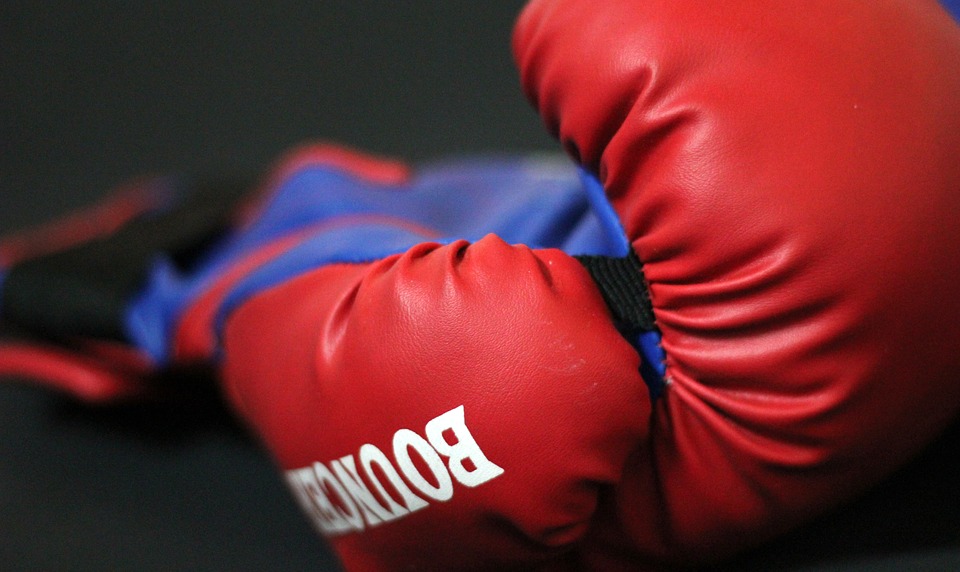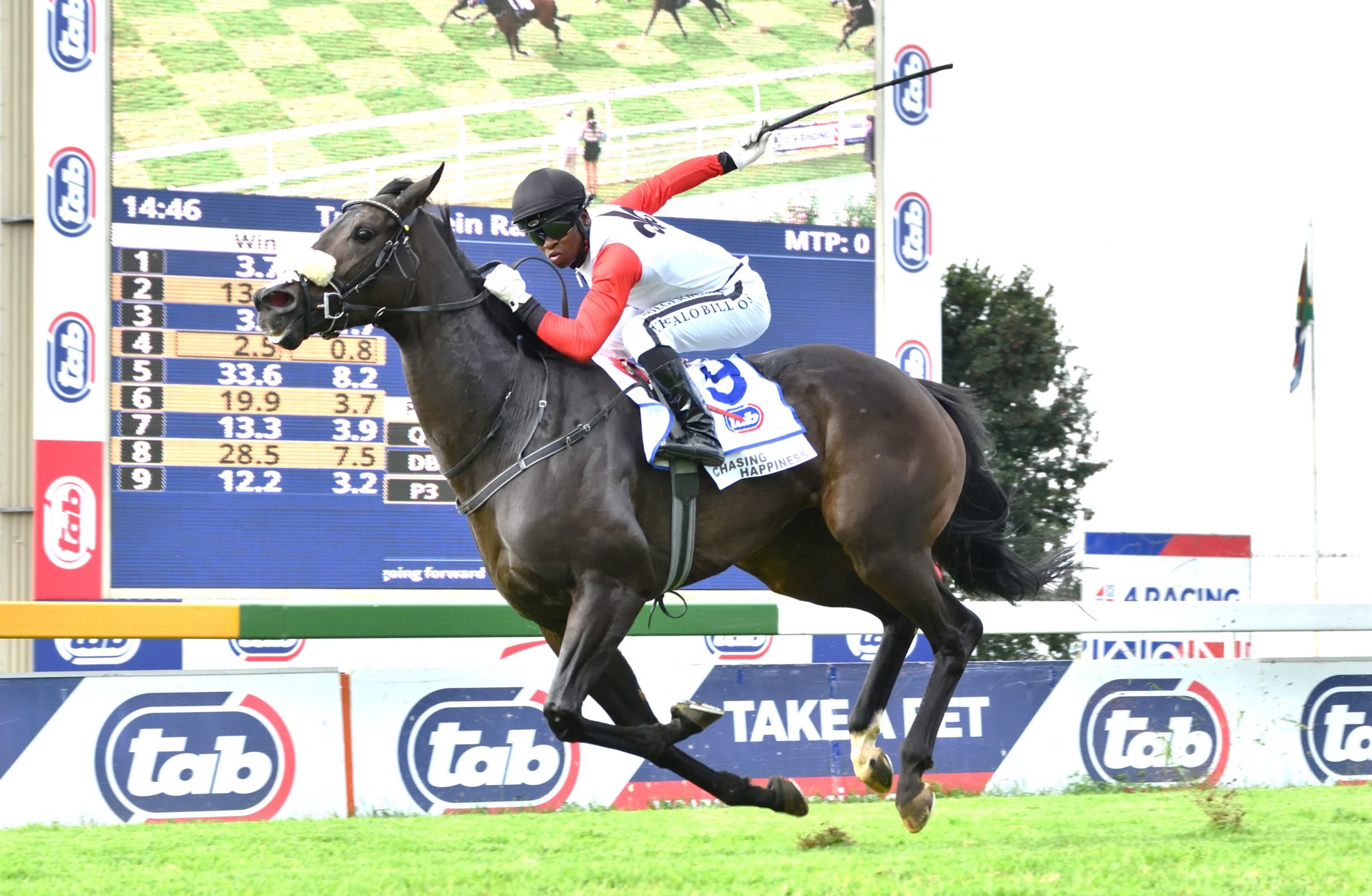They say the ‘status quo’ is Latin for ‘the mess we’re in’. Looking back over the last few weeks in racing, the picture is rather a depressing one.
This week’s column is a little higgledy-piggeldy, but with a bit of luck, hopefully all the threads will make sense at the end.
I am not a big boxing fan, but like most of the electronically enabled world out there, it was impossible to avoid the hype and sensation of this weekend’s Floyd Mayweather and Conor McGregor match. Whether one had an interest in either party or not, it was impossible not to be curious about the outcome on Sunday morning. But what intrigued me most was the post fight interviews in which both men, who an hour or two before had been trying to beat one another to a pulp (or not, depending on your point of view), were happy to sit at a press conference and be complimentary towards one another.
This brings me to the Queensberry Rules. For those who have not met the term, it is the original formal code rules for boxing. The Queensberry Rules were written by Welshman John Graham Chambers and published in 1867 and received their name courtesy of John Douglas, the 9th Marquess of Queensberry, who publicly endorsed them. These are the rules on which modern boxing is based and the Queensberry Rules were the first to mandate boxing gloves in fights. The term is also frequently used to refer to sportsmanship and fair play.
Publications Ban
Now to jump back a bit. A few weeks ago we saw the decision by Phumelela not to allow Racing Distribution’s publications to be sold at TAB outlets across the country and recently extended to include the Western Cape, based on the fact that these publications advertise Hollywood Bets, which Phumelela is wrangling with over TV rights issues.
I acknowledge that I have a so-called ‘dog in the fight’, as I write for one of the affected publications, but one has to wonder whether this is good business practice. While I see that Phumelela may not be positively disposed towards Hollywood, one would think their primary commitment would be to the customer, the punter. Let’s be honest, the local industry is small and the racing public is not exactly spoilt for choice when it comes to transparency and available information, so choosing to withhold information seems dangerously like cutting off one’s nose to spite one’s face. In fact, worse yet, cutting noses off customers (and if you think this is not so, go and have a look at the quality of the industry produced material such as the free TAB sheets), which in turn affects all our faces – as declining results are showing across the industry as a whole.
NHT vs THT
For the next bit, I need to set out a few details. It’s the usual who’s who in the zoo and the sort of detail I set so much store by. It’s a little dry, but necessary. There are a number of confusing sounding TLA’s and similar sounding organisations in racing and for the sake of clarity, I need to distinguish between the National Horse Trust and the Thoroughbred Horseracing Trust (generally referred to as the Racing Trust, which confusingly – or perhaps not – leads to confusion with the Racing Association). According to their website, the National Horse Trust was established in 1989 as the racing industry’s own charity to assist and take care of abused and neglected Thoroughbreds after their racing careers were over. To this end, they have to date established three Horse Care Units around South Africa (Highveld Horse Care Unit, Coastal Horse Care Unit and the Eastern Cape Horse Care Unit). The National Horse Trust today is the fundraising body, helping raise funds to help keep the Units going. The NHT is currently raising funds for the establishment of a much-needed fourth unit in Kimberley. The NHT’s annual race day is one of their flagship fundraisers and this year’s event was held at Turffontein last Saturday, 26 August 2017.
The Racing Trust does not have a website, or publish much in the way of information about what it does. However, it was established at the time of corporatisation and according to the 2016 Phumelela annual report, the principal objective of the Trust is to “promote the interest of all persons interested in, and affected by, the sport of thoroughbred horse racing in South Africa with a view to the long-term viability of the sport”, with additional objectives relating to B-BBEE and affirmative action schemes. It is manned by a board of seven Trustees who preside over 35.26% of Phumelela shares. The Racing Trust is administered by the Racing Association. In other words, quite separate to the National Horse Trust.
The Art of War
The next bit of my story goes all the way back to the start of the First World War. It may not seem to have a great deal of relevance, but bear with me.
During the first Battle of the Marne, which took place in September 1914, French and British troops halted the German advance into France. The German troops retreated to the Aisne River, digging in there and establishing the origins of a static Western Front, which eventually ran from the North Sea to the Swiss Frontier with France and would remain in place for three years.
It would also be the scene of one of the most remarkable moments of the war when an estimated 100,000 troops joined in the so-called Christmas Truce of 1914 and ceased hostilities on Christmas eve 1914.
Reports of the event differ, but it seems it started with German troops placing candles on their trenches and Christmas trees and sang Christmas carols. The British responded with carols of their own and the good will produced forays from both sides into No Man’s Land where troops exchanged gifts, food and souvenirs.
The events, recorded in troops letters home, chronicled men and officers of opposing sides shaking hands and exchanging cigarettes and cigars. Some reports indicate that there may even have been friendly games of football played. The brief cessation of hostilities also allowed both parties to collect and bury their dead. In many sectors, the truce lasted through to Christmas night and even longer in others.
One account, penned by Henry Williamson, then a nineteen-year-old private in the London Rifle Brigade, to his mother on Boxing Day reads: “Dear Mother, I am writing from the trenches. It is 11 o’clock in the morning. Beside me is a coke fire, opposite me a ‘dug-out’ (wet) with straw in it. The ground is sloppy in the actual trench, but frozen elsewhere. In my mouth is a pipe presented by the Princess Mary. In the pipe is tobacco. Of course, you say. But wait. In the pipe is German tobacco. Haha, you say, from a prisoner or found in a captured trench. Oh dear, no! From a German soldier. Yes a live German soldier from his own trench. Yesterday the British & Germans met & shook hands in the Ground between the trenches, & exchanged souvenirs, & shook hands. Yes, all day Xmas day, & as I write. Marvellous, isn’t it?”
In another, Bruce Bairnsfather, who served throughout the war, mused “I wouldn’t have missed that unique and weird Christmas Day for anything….”
Back to the NHT
In order to raise funds, the NHT appealed to various sponsors to assist on this year’s charity race day in a number of ways. Bookmaking firm Hollywood agreed to participate on the day and to pay for naming rights for a race, which was, rather ungraciously, turned down by Phumelela last Tuesday – the day the programmes were to go to print.
To continue my ‘war’ theme, I’m borrowing a quote from Winston Churchill who once said, “You have enemies? Good. That means you’ve stood up for something, sometime in your life.” While I do not wish to make enemies, I do feel it’s important to state that we all make our living off our horses.
The industry may be populated by wildly differing people, but it stands to reason that the single commonality that binds us all together is the horse. If two pugilists can sit amicably around a press table and trade compliments with one another hours after trying to beat each other to a pulp and warring troops locked in deadly combat in the ‘war to end all wars’ can cease hostilities for a day for the sake of a greater cause, it is deeply disappointing that one of our National Operators cannot find it within itself to allow an industry charity to accept support from a well-meaning benefactor.
If the greatness of a nation can be judged by the way its animals are treated, what then of an industry that makes its living off them?









